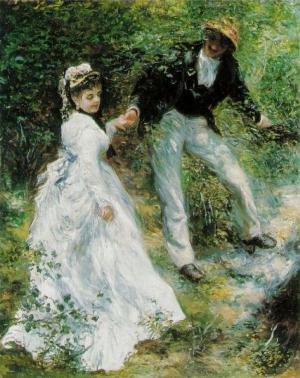Architecture and Democracy
Nonfiction, Religion & Spirituality, New Age, History, Fiction & Literature| Author: | Claude Fayette Bragdon | ISBN: | 9781465503183 |
| Publisher: | Library of Alexandria | Publication: | March 8, 2015 |
| Imprint: | Language: | English |
| Author: | Claude Fayette Bragdon |
| ISBN: | 9781465503183 |
| Publisher: | Library of Alexandria |
| Publication: | March 8, 2015 |
| Imprint: | |
| Language: | English |
This book can lay no claim to unity of theme, since its subjects range from skyscrapers to symbols and soul states; but the author claims for it nevertheless a unity of point of view, and one (correct or not) so comprehensive as to include in one synthesis every subject dealt with. For according to that point of view, a skyscraper is only a symbol—and of what? A condition of consciousness, that is, a state of the soul. Democracy even, we are beginning to discover, is a condition of consciousness too. Our only hope of understanding the welter of life in which we are immersed, as in a swift and muddy river, is in ascending as near to its pure source as we can. That source is in consciousness and consciousness is in ourselves. This is the point of view from which each problem dealt with has been attacked; but lest the author be at once set down as an impracticable dreamer, dwelling aloof in an ivory tower, the reader should know that his book has been written in the scant intervals afforded by the practice of the profession of architecture, so broadened as to include the study of abstract form, the creation of ornament, experiments with color and light, and such occasional educational activities as from time to time he has been called upon to perform at one or another architectural school. The three essays included under the general heading of “Democracy and Architecture” were prepared at the request of the editor of The Architectural Record, and were published in that journal. The two following, on “Ornament from Mathematics,” represent a recasting and a rewriting of articles which have appeared in The Architectural Review, The Architectural Forum, and The American Architect. “Harnessing the Rainbow” is an address delivered before the Ad. Club of Cleveland, and the Rochester Rotary Club, and afterwards made into an essay and published in The American Architect under a different title. The appreciation of Louis Sullivan as a writer appears here for the first time, the author having previously paid his respects to Mr
This book can lay no claim to unity of theme, since its subjects range from skyscrapers to symbols and soul states; but the author claims for it nevertheless a unity of point of view, and one (correct or not) so comprehensive as to include in one synthesis every subject dealt with. For according to that point of view, a skyscraper is only a symbol—and of what? A condition of consciousness, that is, a state of the soul. Democracy even, we are beginning to discover, is a condition of consciousness too. Our only hope of understanding the welter of life in which we are immersed, as in a swift and muddy river, is in ascending as near to its pure source as we can. That source is in consciousness and consciousness is in ourselves. This is the point of view from which each problem dealt with has been attacked; but lest the author be at once set down as an impracticable dreamer, dwelling aloof in an ivory tower, the reader should know that his book has been written in the scant intervals afforded by the practice of the profession of architecture, so broadened as to include the study of abstract form, the creation of ornament, experiments with color and light, and such occasional educational activities as from time to time he has been called upon to perform at one or another architectural school. The three essays included under the general heading of “Democracy and Architecture” were prepared at the request of the editor of The Architectural Record, and were published in that journal. The two following, on “Ornament from Mathematics,” represent a recasting and a rewriting of articles which have appeared in The Architectural Review, The Architectural Forum, and The American Architect. “Harnessing the Rainbow” is an address delivered before the Ad. Club of Cleveland, and the Rochester Rotary Club, and afterwards made into an essay and published in The American Architect under a different title. The appreciation of Louis Sullivan as a writer appears here for the first time, the author having previously paid his respects to Mr















